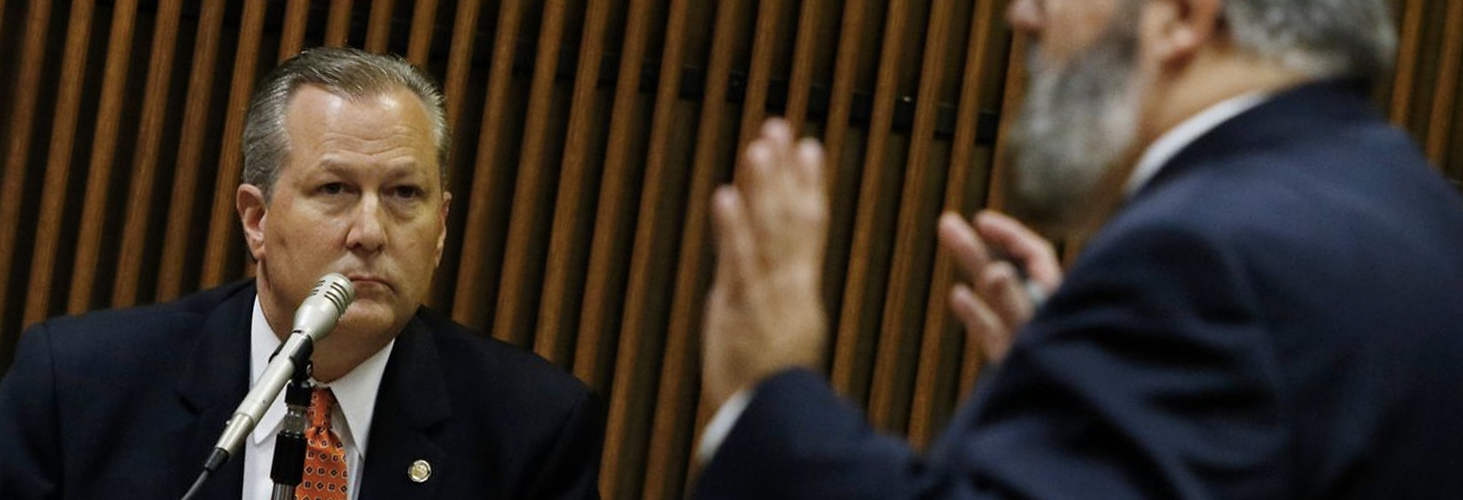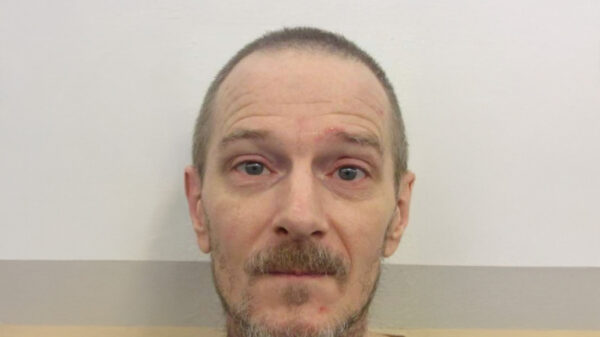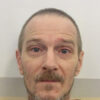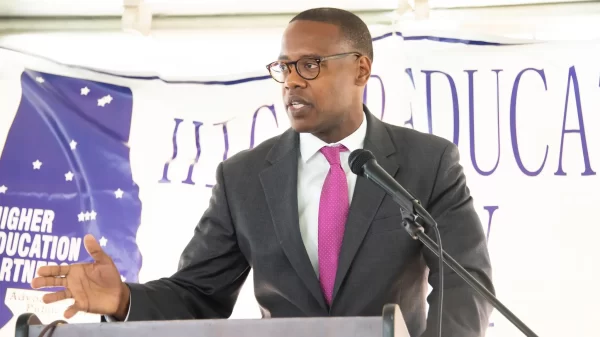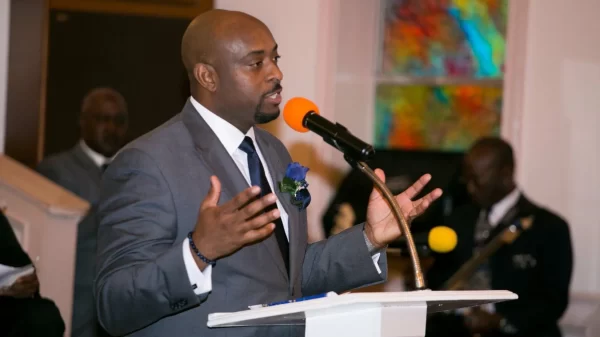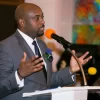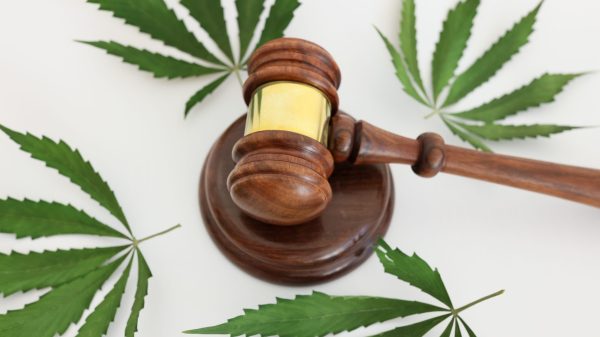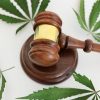By Chip Brownlee
Alabama Political Reporter
AUBURN — Former Alabama House Speaker Mike Hubbard and his team of attorneys have filed their opening brief with the Alabama Court of Criminal Appeals, taking the first major step in the appeals process as his defense team works to overturn his 12 felony ethics convictions.
Hubbard’s defense attorneys argue in the new brief that prosecutors from the Alabama Attorney General’s Office used an overly broad interpretation of State ethics laws to get Hubbard convicted by the jury. They say he should be acquitted of the charges.
“The prosecution depended on either ignoring the specific limitations of the provisions that the Legislature adopted in the Ethics Laws, or reading provisions broadly in a way that was not settled or understood at the time Hubbard acted,” his attorneys wrote in the brief.
The arguments in the written brief, in many ways, reflect the defense’s arguments in Hubbard’s 2016 Lee County trial, but some are very different. After several weeks of back and forth between Hubbard’s team and prosecutors from the State, a jury found Hubbard guilty of 12 felony ethics violations — the same ethics laws he himself helped pass during a Special Session in 2010.
A Lee County Grand Jury originally charged him with 23 counts. He was acquitted on 11 counts.
A month later, Lee County Circuit Judge Jacob Walker sentenced Hubbard to four years in a State penitentiary and an additional eight years on supervised probation. He was automatically removed from office in accordance with State law.
Between investments Hubbard was accused of illegally soliciting for his Auburn-based printing company Craftmasters, consulting contracts he funneled through Auburn Network Inc. and clients he solicited using his public offices, prosecutors said Hubbard illegally made more than $2 million using his offices as speaker, representative and ALGOP chair.
“He put a for sale sign in front of the Speaker’s office,” said Deputy Attorney General Michael Duffy during his closing arguments. “The defendant was on the brink of financial collapse.”
Prosecutors, who did not respond to requests for comment, will have 30 days to respond to Hubbard’s brief. It isn’t clear whether the Court of Criminal Appeals will rule on the case based on the written briefs or if they will allow the case to go to oral arguments later this year.
The Appeals Court could overturn all, some or none of the verdicts from the Lee County Trial and Hubbard’s sentence could be adjusted as such. The former speaker remains free on appeal bond.
Hubbard’s lead defense attorney Bill Baxley did not immediately respond to requests for comment, either.
Craftmaster Printers: Soliciting $150,000 investments
The Lee County Jury found Hubbard guilty of violating provisions of the State Ethics Laws that prohibit State officials from taking things of value from lobbyists and those who hire them, who are referred to as principals.
On counts 16–19, the jury found Hubbard guilty of illegally soliciting four $150,000 investments into Craftmasters from several prominent Alabama businessmen including Great Southern Wood CEO Jimmy Rane, the State’s richest man.
The investors were all principals under Alabama Ethics Laws, prosecutors said, making those investments illegal things of value. The defense argued that they were all his “friends.” During the trial, the defense said the men and women provided investments, business and help to Hubbard because they were his friends.
The Ethics Law provides an exemption for pre-existing friendships and gifts given between “friends.” That so-call “friendship exemption” became the focus of the defense throughout the trial, but the jury never bought it.
Hubbard’s attorneys on appeal have shifted their focus. They are now arguing that the investments were not a “thing of value” because the investments could be considered “full value” transactions. In other words, Hubbard and the investors paid and received no more and no less than what the investment was worth, which is legal under the ethics laws, his attorneys argue.
“The prosecution and the trial court ignored the fact that the plain text of the ‘full value’ safe-harbor covers ‘anything’ for which full value is paid,” attorneys wrote. “And the trial court further erred by refusing the defense request to instruct the jury on the statutory ‘full-value’ safe-harbor.”
His attorneys are also now arguing that the investors were not principals under the Ethics Law. The argument is similar to their argument about the friendship exemption but different. They argue that executives in companies and organizations shouldn’t be considered principals. The companies themselves are the principals.
Prosecutors “depended on expanding that definition to include not only the entity for which a lobbyist lobbies, but some unknown set of individuals who are officers or agents of that entity,” the defense wrote. “That is not what the law says, nor what any contemporaneous legal authority said at the time, and it would be unconstitutional to apply such a novel reading of a criminal law provision without fair notice in advance.”
Lobbying, voting on bills with conflicts of interest and consulting contracts
Two more of the guilty counts, five and six, related to Hubbard’s contract with the trade organization American Pharmacy Cooperative Inc. He was found guilty of voting on a General Fund Budget in 2013 with a conflict of interest.
That budget included a provision that would have effectively given APCI a monopoly over the State’s Medicaid prescription contracts. The provision would have set APCI up to be the only entity in the State that would have met the requirements to be Medicaid’s pharmacy benefits manager, which would have handled all buying and selling of drugs for the State’s beneficiaries.
At the time of voting on the budget, Hubbard was being paid $5,000 a month by APCI for consulting. The money was being sent through his Auburn Network Inc. Prosecutors showed checks highlighting the payments to Hubbard.
In the appeal brief, the defense is slightly different: Hubbard’s attorneys argue that he had no conflict of interest because he wasn’t an “employee”; therefore, there was no way for him to break the law.
“Among other things, he was simply not an ’employee’ of APCI. Furthermore, at the time Hubbard voted, he knew and intended that the APCI-favored language would never become law; thus his vote (as he intended, and as he ultimately ensured) had no impact on APCI,” Hubbard’s attorneys wrote.
During his trial, Hubbard took the stand and said he told staff to have the House take the pro-APCI language out of the bill, but there was no time before the impending vote.
“I had no opportunity to vote to take it out,” Hubbard said in 2016.
He said he chose to vote on the General Fund because it would have been odd for the Speaker to not vote on his caucus’ budget, and he knew that the bill would have to go back to conference committee where the language could be removed before returning to the Senate for final approval.
Count 10 concerned charges against Hubbard that he accepted money from a consulting contract with an organization that had business before the Legislature. While counts 11-14 concerns Hubbard ‘lobbying’ for Bobby Abrams and CV Holdings, the parent company of the Auburn-based company Capitol Cups.
Hubbard had a consulting contract with Capitol Cups for $10,000 a month. Prosecutors said he lobbied the Governor’s Office and the Department of Commerce on behalf of Abrams and CV Holdings. He was also found guilty of accepting a thing of value in the form of the consulting contract.
Capitol Cups manufacturers coffee mugs, sippie cups and other travel cups. The prosecution said Hubbard used his State equipment, including his email and phones, and his state staff to push through a patent for another of CV Holding’s subsidiaries, SiO2.
SiO2 manufactured a plastic test tube with a thin lining of glass. Hubbard said the stuck patent was costing a “major employer” in his legislative district “hundreds of thousands of dollars a day.” He also said the contract was with Capitol Cups, not CV Holdings, so he didn’t see an issue with helping SiO2 like he helped other constituents; that is, by using his office.
“The prosecution again has attempted to rewrite the laws, and to substitute prosecutorial and juror intuition for the rule of law,” Hubbards attorneys wrote of those charges in the brief. “The prosecutors argued, and the jury accepted, a ‘conflict of interest’ standard that appears nowhere in the Ethics Law.”
Financial advice and client search help from a BCA executive
Count 23 found Hubbard guilty of illegally soliciting and accepting advice from Will Brooke, an executive with the powerful Business Council of Alabama.
The BCA is known for its intense lobbying efforts in Montgomery before the Legislature. Prosecutors said Hubbard used his position to get financial advice from Brooke about his printing business and help getting more clients for Auburn Network.
The defense’s argument is brief: Brooke was a friend and the advice was not a thing of value as the prosecutors said it was.
Post-trial: Was Ethics Commission Director Jim Sumner an ethics law expert and did he improperly sway the jury?
The attorneys attest Hubbard was not provided a fair trial due to the testimony of former Ethics Commission Executive Director Jim Sumner. Sumner served as executive director when Hubbard approached the commission for informal ethics decisions.
The informal advice pertained to several consulting contracts between Hubbard’s Auburn Network Inc. and several trade organizations and companies. At one point, Hubbard was being paid as much as $30,000 a month from his consulting contracts.
The defense said in post-trial motions that Sumner’s testimony on the stand only partly related to Hubbard’s consulting contracts and the commissions’ blessings. Sumner, helping to guide the jury at the bequest of the prosecution, also testified as an expert on the State’s Ethics Laws, according to the defense.
In their new brief, Hubbard’s attorneys said witnesses like Sumner can’t give the jury advice on the law even when they “may be right.” The law should come only from a judge, they wrote.
“Mr. Sumner’s testimony was all the more harmful because in various ways it was a misinterpretation of the Ethics Laws, and a departure from the text of the laws with a substitution of non-statutory standards that the Legislature did not enact,” the attorneys wrote.
Walker ruled in post-trial motions that the complaints against the prosecution about Sumner’s testimony were unfounded.
Was there any juror misconduct or prosecutorial misconduct? According to Judge Walker, there wasn’t.
In August 2016, Hubbard’s attorneys filed a post-trial motion alleging possible juror misconduct after a juror in the trial signed a sworn affidavit accusing other jurors of violating court rules.
The juror said they witnessed other jurors make biased remarks and discuss the trial before deliberations, against Walker’s orders.
Juror misconduct, he continued, is not automatically grounds to dismiss a verdict. Juries that deliver split verdicts like the jury in Hubbard’s case are not usually under the influence of bias, Walker said, citing a 2004 United States Supreme Court Case.
Walker also said the defense attorneys — who did not call any witnesses during a September hearing in Opelika — did not prove Hubbard was convicted because of prejudice, which would be the key factor in determining whether to overturn the verdict.
Hubbard’s attorneys in the appeal brief said the court erred in failing to investigate juror misconduct as reported by the juror, and in keeping that report a secret from the defense.
“Rather than investigating to any degree, the trial court sent word to the apparently-prejudiced juror simply instructing them to be quiet,” they wrote. “This was the antithesis of the careful and painstaking investigation that the law requires.”
The attorneys also write that the court made a mistake in not dismissing the case based on allegations of prosecutorial misconduct. Hubbard’s attorneys said Deputy Attorney General and prosecutor Matt Hart inappropriately influenced a Grand Jury and leaked documents.
Walker later found no grounds for those charges.
“The evidence allows only one reasonable conclusion: that the Grand Jury’s decision to indict was likely swayed by that misconduct,” the attorneys wrote. “The case should have been dismissed on this basis.”







































